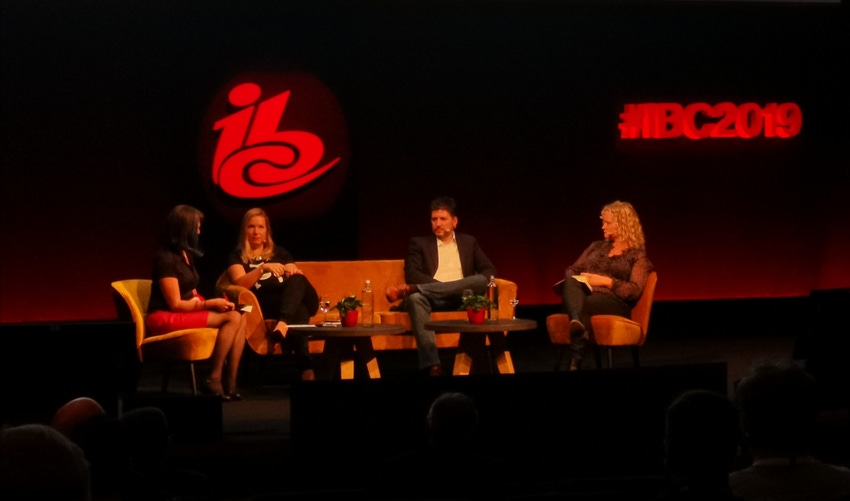IBC 2019: is 4K anything more than hype?
While some people are still unsure whether there is any value in downloading content in HD over SD, the 4K and 8K hype is continuing to build; but is there any point in it?
September 18, 2019

While some people are still unsure whether there is any value in downloading content in HD over SD, the 4K and 8K hype is continuing to build; but is there any point in it?
For the ‘man on the street’, technology often looks like another language. Acronyms are a speciality of the TMT industry, and each day there seems to be another buzzword to keep track of. And when you look the development of the content world, paying particular attention to 4K and 8K, you have to wonder what the point actually is.
Mike Zink, VP of Technology at Warner Bros, summed up the point pretty simply. Having just been to IFA in Berlin, Zink commented that almost every stand had an 8K TV on it. It is a product which is increasingly getting pushed onto consumers, but there is very little 8K content to actually justify the expenditure on the new technology.
Some analysts and commentators might suggest that it is a sensible decision for the consumer to purchase a product which is laden with future-proofed technology, however we think it is simply a ruse to bleed as many dollars out of already strained wallets.
And when you look at the numbers, the market penetration of 4K (we’re not even going to look at 8K right now) is steadily creeping up, but it is not as high as you would expect.
Maria Rua Aguete of IHS Markit estimates market penetration of 4K TVs across Europe is 46%. North America exceeds this percentage, though penetration drops to 42% when you look at China and further down to 19% in Japan. The consumer is being subjected to an assault of 8K messaging, though the 4K evolution is still a work in progress.
Another challenge which the industry faces is a lack of 4K content. In Europe, there is 4K content, though it is one of the few areas where the expenditure is partially justified by experience.
Without the content, is there any point in a 4K TV purchase? And if the market penetration does not increase, will the content creators be swaying into the additional expense of creating 4K content? It is a chicken and egg situation, where those who have been convinced to purchase a 4K TV are ending up in a suspect position.
Perhaps this is a reality check which some in the industry will welcome. The telcos, for instance, which be scratching their heads to figure out how they deliver the desired consumer experience. The increased consumption of video is already placing strain on the network, and 4K/8K would certainly make the creaks louder.
This is perhaps something which the content industry is missing. There is an expectation the infrastructure will be there to deliver the experience, though this might not always be the case.
The telcos are under some pretty severe pressure at the moment. Not only do they have to worry about the deployment of 5G networks, a pretty expensive job to say the least, there are demands on the home broadband side as well. If more consumers are expecting 4K content in their living room, they might end up a bit disappointed.
Trends in the connectivity world are heading the right direction, ‘fibre-first’ is a mentality which is being championed by a huge number of telcos, but are these trends moving fast enough?
If you are thinking about buying a 4K/8K TV right now, it might not be worth the extra investment. Not only is the supporting content thin on the ground, but you should also seriously consider whether you have a broadband connection which can underpin the desired experience.
About the Author(s)
You May Also Like








.png?width=300&auto=webp&quality=80&disable=upscale)


_1.jpg?width=300&auto=webp&quality=80&disable=upscale)


.png?width=800&auto=webp&quality=80&disable=upscale)